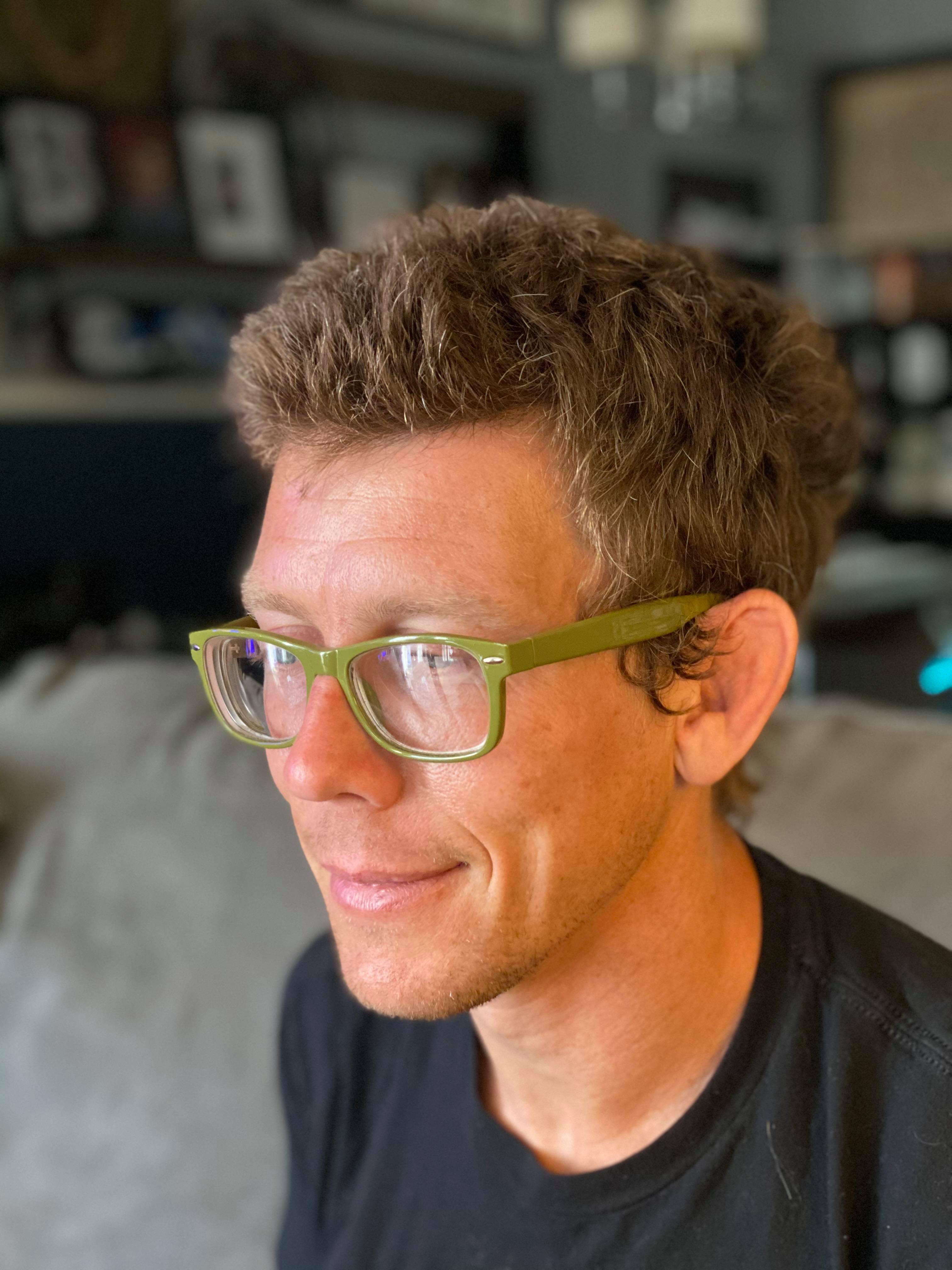Mindfully training martial arts in Old city Philadelphia
- Josh Vogel

- Jun 15, 2021
- 3 min read

Getting better at anything requires you to try something, see what went wrong, and find ways to do better next time. Duh, right? It seems obvious, but it’s really hard to do in any kind of sparring for three reasons:
Much of the time sparring is done without clear goals and a plan for achieving them
Sparring has a lot of moving parts and can be chaotic, making it hard to focus on any plan you might have
Recall after sparring can be difficult because so many things happened during the hour or so of sparring
A simple, two step solution to this problem is to go into your training sessions with a plan (I want to use an over/under pass to get to side control, move to the mount position and finish with an arm triangle). This gives you an Anchor for your mental focus during sparring. It guides you down specific paths which become predictable and can be studied. This only works if you add the second element, which is being mindful during your training. being aware of what is happening in the same way that you would when trying out a new recipe. “It tastes weird, did I add enough Tahini? Ugh, I forgot salt again”
The simple act of paying attention during a roll, focused by having a clear plan is a powerful tool for improvement. I call it “building an internal video camera” and it’s a skill that you develop with active and consistent practice.
When you start doing this, the first problem that you notice is that it’s impossible to remember everything that happens during an hour long open mat. The trick is to note and mentally record two or three problems you came across when trying to implement your plan during the training session. In many cases, these problems will follow a pattern which you can pick up on pretty quickly (every time I try to finish my arm triangle, people bridge hard and turn to their side to neutralize it). You don’t have to record the full hour, just look for two snap shots.
The last element is recall after the training session. For this, it helps to articulate your problems to your training partner, someone else, or even yourself during the training session. You should feel comfortable discussing the problems you came across with your training partners after open mat and most of the time they should be happy to help you troubleshot your issues. If you don’t have time to do this, then simply saying the problems to your self (or jotting quick notes in your phone before you forget) can help with later recall. When you recall the problems later, you then have time to chew on the problems, study information sources for possible solutions (or brain storm on your own) and come up with a more refined plan which you then test and study in your next training session.
There is a time and place for automaticity in training, but when you are in a learning phase, you can have all the beautiful technique and well thought out plans in the world, but if you don’t remember what happened on the mats, it’s much harder to make fast and measurable improvement. Try making mindful, planned practice a cornerstone of your training program and keep me posted on how it goes for you!
I hope this helps! Please don’t hesitate to reach out if you have any questions!







Comments